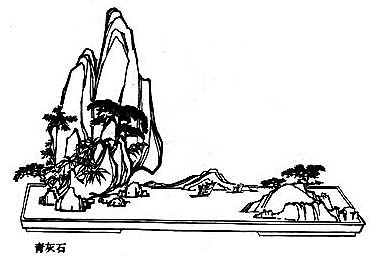詩
經
Shi Jing 
 – Le Canon des Poèmes
– Le Canon des Poèmes
Le plus ancien recueil connu de poésie chinoise, plus de trois cents chansons, odes et hymnes. Tr. Legge (en) et Granet (fr, incomplète).
Shijing II. 7. (223)
Well fashioned is the bow adorned with horn,
And swift is its recoil.
Brothers and relatives by affinity,
Should not be treated distantly.
When you keep yours at a distance,
The people all do the same with theirs.
What you teach,
The people all imitate.
Those brothers who are good,
Continue to display much generous feeling ;
But between brothers who are not good,
Their intercourse is marked by troubles.
People who have no conscience,
Repine against each other, each one holding his own point of view ;
One gets a place, and shows no humility –
Till they all come to ruin.
An old horse, notwithstanding, thinks himself a colt,
And has no regard to the future.
It is like craving a superabundance of food,
And an excess of drink.
Do not teach a monkey to climb trees ; –
[You act] like adding mud to one in the mud.
If the sovereign have good ways,
The small people will accord with them.
The snow may have fallen abundantly,
But when it feels the sun's heat, it dissolves.
You are not willing to discountenance [those parties],
And so they become [more] troublesome and arrogant.
The snow may have fallen largely,
But when it feels the sun's heat, it flows away.
They become like the Man or the Mao ; –
This is what make me sad.
Legge 223

Le Canon des Poèmes – Shi Jing II. 7. (223) – Chinois on/off – Français/English
Alias Shijing, Shi Jing, Book of Odes, Book of Songs, Classic of Odes, Classic of
Poetry, Livre des Odes, Canon des Poèmes.
Le Canon des Poèmes, Les Entretiens, La Grande Étude, Le Juste Milieu, Les Trois Caractères, Le Livre des Mutations, De la Voie et la Vertu, 300 poèmes Tang, L'Art de la guerre, Trente-six stratagèmes
Bienvenue, aide, notes, introduction, table.
Index – Contact – Haut de page
